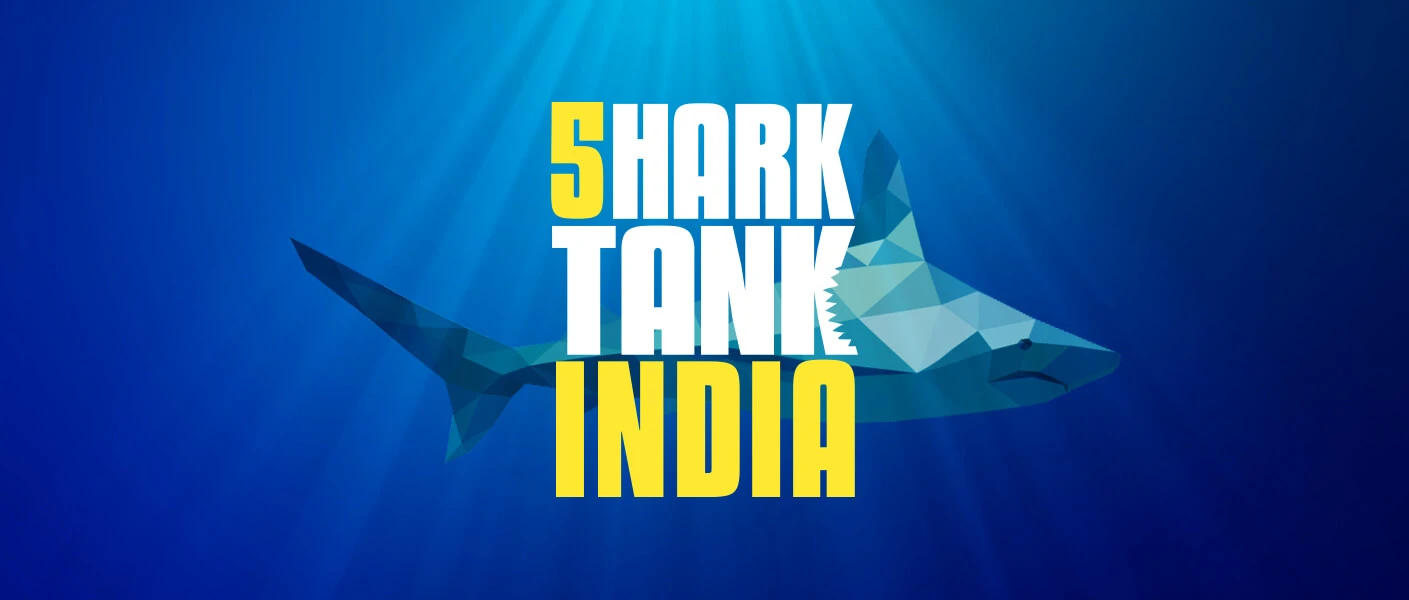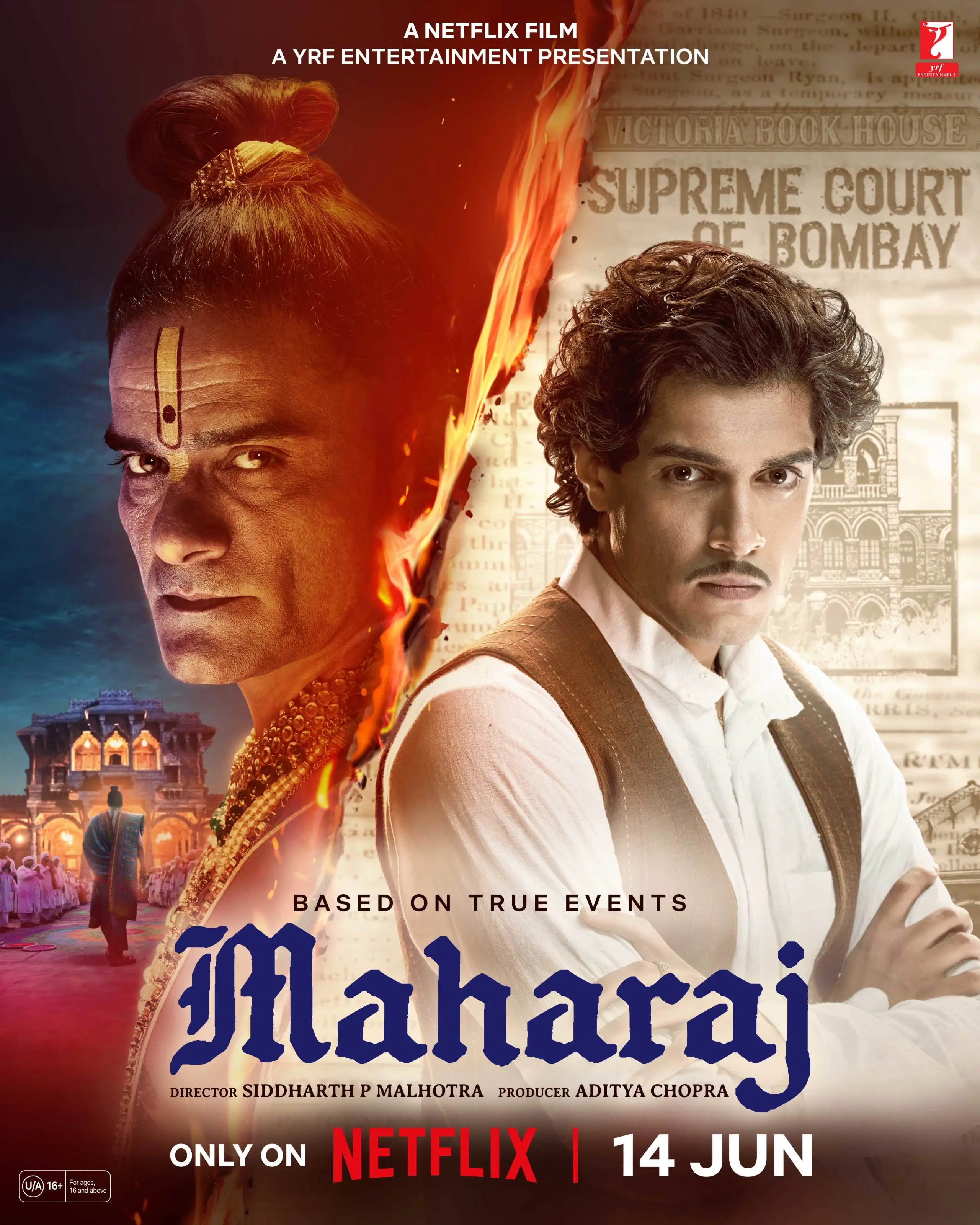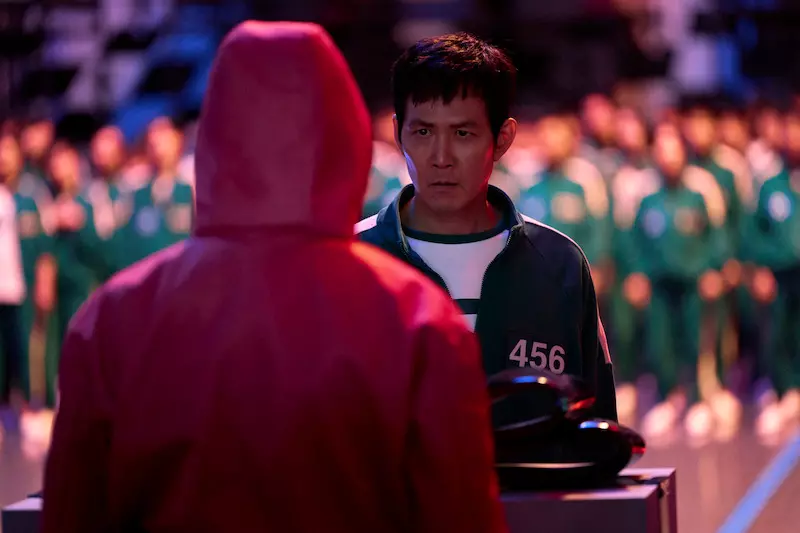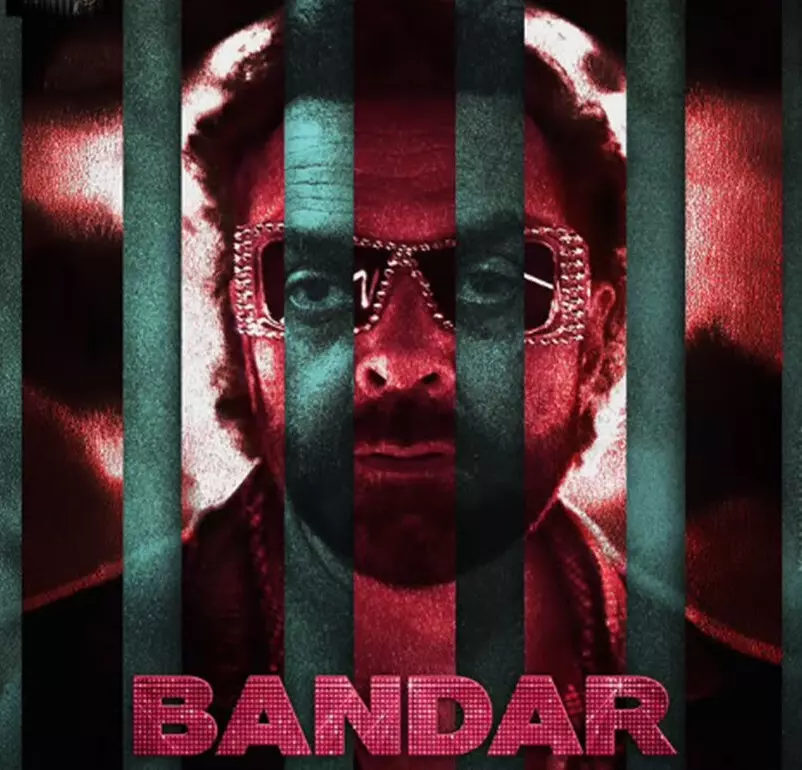Table of Content
Sony Entertainment Television’s "Shark Tank India," which began in 2021, has served as a significant platform for entrepreneurs to showcase their innovations and reach a broader audience. Over its three-season run, the show has not been without controversies, and these issues seem to persist long after the latest season. Recently, Pathik Patel, founder of the nutritional food brand Fit & Flex, accused the channel of unjustly targeting his company for trademark violations. According to media reports, Patel has sent a legal notice to the channel over the suspension of their ad account.
In a LinkedIn post, Pathik Patel expressed his disappointment, stating, “It feels really sad to see this, but I wasn’t left with a choice either! It has been 50 days of zero D2C business, and all we get to hear is ‘We won’t do anything.’ We recently aired on Shark Tank S3 on the 15th of March, which was a dream come true, but what followed has turned into a nightmare. Despite our joy at being featured on national television, our happiness was short-lived.”

Patel further elaborated, “Sony Entertainment Television has unjustly targeted us for trademark violations without any prior notice. They have struck down our social media posts containing clips from the Shark Tank episode and have gone ahead and blocked our ad account, unpublished our Facebook page, and disabled the collaboration feature on both our brand’s account and my personal account. No prior notice or warning was given. Ideally, we should have been able to use the episode for marketing purposes for three months from the air date (as per their guidelines), but our content was pulled down within 25 days. Consequently, we ceased to run all Shark Tank clips on both organic and paid posts.”
Pathik Patel, who brought Fit & Flex on Shark Tank India, continues to express his frustration, “We have been writing to both Meta and Sony daily since the incident, seeking a resolution, but have received no response. We don’t want to use any clips for marketing; we just want our original accounts reinstated. All we ask is for someone from the Sony team to talk to us and help resolve this amicably, but unfortunately, neither Sony Legal nor Shark Tank has responded. Not only me but more than 70 other brands are facing similar challenges. While we were shown a bigger picture of achieving up to 5X or 7X growth, the Shark Tank experience has instead led to a huge loss in business, with a downturn of almost 10-12X.”
Patel’s discontent extends beyond the post-episode fallout. He had described his experience on the show as daunting, particularly facing intense scrutiny from judges Deepinder Goyal and Anupam Mittal. He was disappointed with the 15-minute clip that was aired, believing it did not do justice to his brand's story. He wrote on LinkedIn, “As they say, partial knowledge is always more dangerous than no knowledge! A 15-minute edited video can only showcase so much, and hence I will use my platforms to debunk some popular myths! As an athlete and health-conscious foodie myself, I have always been very sincere and true to my brand ethos and will not let a 15-minute clip raise questions about five years of my and my team’s hard work.”
Patel continued, “As the founder of Fit & Flex, I’ve poured my heart and soul into building our brand from the ground up. It is extremely disheartening to see massive media houses harassing startup brands. Although I didn’t secure a deal on the show, the lessons I’ve learned from my Shark Tank India experience are invaluable. It’s not just about seeking investment; it’s about seizing opportunities, embracing challenges, and never losing sight of the passion that fuels our journey.”
The ongoing dispute highlights the complex dynamics between large media platforms and the startups they feature. While "Shark Tank India" promises exposure and potential growth, Patel’s experience underscores the challenges and potential pitfalls that can accompany such visibility. His story serves as a cautionary tale for other entrepreneurs considering similar opportunities, emphasizing the need for clear communication, fair treatment, and the importance of protecting one’s brand amidst the allure of national television exposure.
As this situation unfolds, it remains to be seen how Sony Entertainment Television will address the grievances raised by Patel and other entrepreneurs who have faced similar issues. The resolution of this dispute could set a precedent for how such conflicts are managed in the future, potentially shaping the relationship between media platforms and the startup community in India.
Also read: Khatron Ke Khiladi 14: Reasons Why Rohit Shetty Loves The Show
.webp)





_1735214375.webp)








